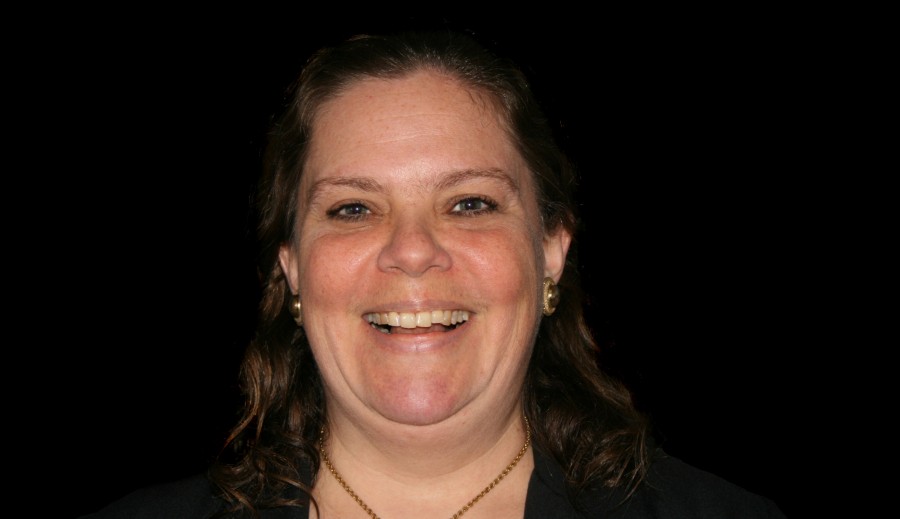As the semester winds down—or perhaps more accurately, winds up, rather like a top getting ready to explode—I find myself continually looking toward that magical moment when my sabbatical begins.
Why am I giving up my campus responsibilities for the next 15 months or so, abandoning you, the students? It’s a legitimate question.
Like most of my colleagues, I really do love working with students, and I miss each class group once it ends, even while I rejoice that those students are a step closer to graduation and the next phase of their lives.
A faculty member’s work, though, goes beyond the classroom, and even beyond that informal contact with students that is often more important. We do a great deal of campus service, which sometimes seems to dwarf even our teaching responsibilities, and in between those things and everything else, we do our own scholarship and creative work. For me, that means writing about medieval music, specifically the motet as practiced in 14th century France.
Why is it important to do that kind of work? Some would argue it isn’t. But many believe that continuing to make original contributions to scholarship also makes us better teachers. Even for those of us who only rarely teach directly in the area of our research, it keeps sharp the skills we use in developing and preparing for courses.
Actually, this goes both ways: not only can continuing to do scholarship make us better teachers, but teaching can make us better scholars. For instance, in teaching I’m often forced to ask myself: why does this topic matter? How can I communicate this more clearly? Those questions carry over to my writing.
It is our scholarship, not our teaching, that gives us—and Loyola—a broader reputation in our respective professions. When we speak at a conference, publish an article, give a performance, a show or otherwise make our work public, Loyola’s name appears with ours. Participation in our professional communities can also enhance our work with students: in conversation with musicologists elsewhere, for instance, I often get good ideas for teaching, and my contacts may serve a student applying to graduate school.
Some research and writing can be done during the academic year, but like most Loyola faculty, I rely mostly on the summer for focused work (as well as rest and recovery, of course). Even then, there is never enough time to catch up on reading, or simply to sit and think. That, perhaps even more than the scholarly production itself, is the true value of a sabbatical: to recharge the intellectual batteries, to reclaim the love of the job.
For all these reasons, most universities provide periodic sabbatical leaves for their faculty. This is my first, so, while I do have a project in mind (several, actually), I can’t say exactly how it will progress, but it should allow me to rest, read, think, and, yes, write a good deal. Afterwards, I’ll be ready for another round of classes, along with everything else that comes with life at Loyola. Indeed, in the back of my mind I’m already thinking about ways to enhance courses I’ve taught before, and what new ones to develop next.
So, “ave atque vale,” as they say—hail and farewell. See you next August.
Alice Clark is an associate
professor of music history and
coordinator of music history and
literature. She can be reached at
On the record is a weekly column open
to any member of Loyola’s
faculty and staff. Those interested
in contributing can contact







